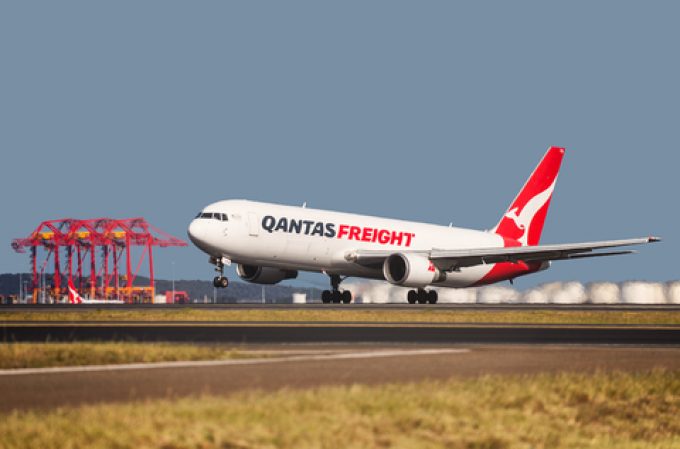Shipping Australia calls for end to 'disruptive' port strikes
Lobby group Shipping Australia (SAL) has urged Australia’s federal workplace and state and territory ministers ...

Australian freight forwarders need to work together to consolidate cargo and “defend” the country’s agricultural exports.
The government’s new International Freight Assistance Mechanism (IFAM), launched three weeks ago, has earmarked A$110m (US$70m) to subsidise cargo export flights, following an unprecedented 91% drop in capacity since the coronavirus pandemic began.
In a briefing with forwarders on Tuesday, Michael Byrne, former MD of Toll Group and now IFAM coordinator general, said this meant the only way to uplift cargo was to pool shipments.
“There are ...
Asia-USEC shippers to lose 42% capacity in a surge of blanked sailings
USTR fees will lead to 'complete destabilisation' of container shipping alliances
New USTR port fees threaten shipping and global supply chains, says Cosco
Outlook for container shipping 'more uncertain now than at the onset of Covid'
Transpac container service closures mount
DHL Express suspends non-de minimis B2C parcels to US consumers
Zim ordered to pay Samsung $3.7m for 'wrongful' D&D charges
Flexport lawsuit an 'undifferentiated mass of gibberish', claims Freightmate

Comment on this article